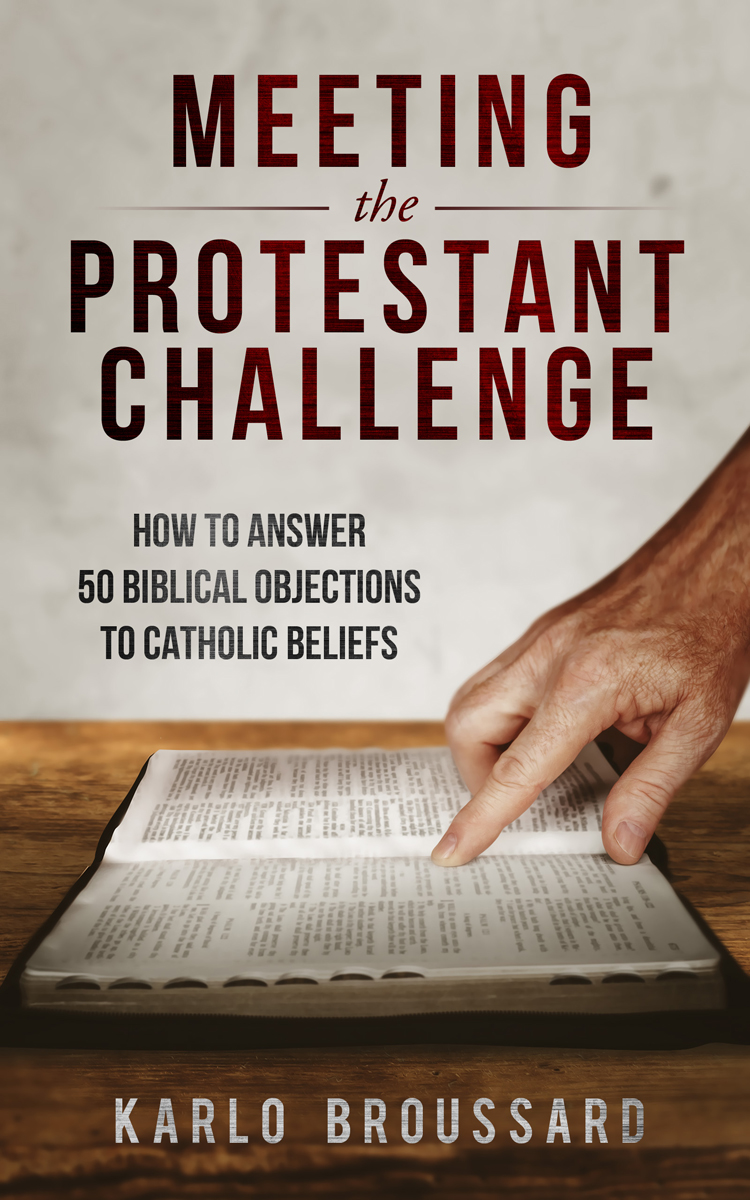
– detail from the “Last Judgment”, by Giotti, Cappella Scrovegni, 1306, Fresco, 1000 x 840 cm, Arena Chapel, Padua, Italy, please click on the image for greater detail.
The chapel is entered from the west, the side on which the sun goes down. In accordance with an old tradition, the entrance wall of the chapel is filled by the depiction of the Last Judgment. This scene is as complex and crowded as the frescoes on the side walls are concentrated and reduced to essentials. This large painting occupies the entire west wall across several registers. The three-light windows of the façade also had to be incorporated into the composition.
This extensive depiction of the Last Judgment is dominated by the large Christ in Majesty at its centre. The twelve apostles sit to His left and to His right. Here the two levels divide: the heavenly host appears above, people plunge into the maw of hell below, or are led by angels towards heaven.
The way this large fresco is divided into registers is traditional. But if we look at Giotto’s invention in detail, then his novel attempts at visualizing different spheres, as well as abstract beliefs, become particularly apparent. In the center of the representation, Christ is enthroned as supreme Judge in a rainbow-colored mandorla. The deep, radiant gold background, the style of painting, and the delicate substance give the impression that the heavens have opened in order to reveal the powerful, extremely solidly modeled figure of Christ. Different levels are likewise alluded to when the choirs of angels disappear behind the real window, or when the celestial watch in the upper area of the picture rolls back the firmament, behind which the golden-red doors of the heavenly Jerusalem shine forth. The black and red maw of hell, which seems to anticipate Dante’s “Inferno”, is different again in its impact.

-by Tim Staples, Tim was raised a Southern Baptist. Although he fell away from the faith of his childhood, Tim came back to faith in Christ during his late teen years through the witness of Christian televangelists. Soon after, Tim joined the Marine Corps.
“The reformed “Westminster Confession,” ratified in 1647, gives us a pithy statement that sums up well what is meant by “the perseverance of the saints,” or “once saved, always saved,” the fifth and final of the five points of Calvinism’s TULIP (Total depravity, Unconditional election, Limited atonement, Irresistible grace, and Perseverance of the saints):
God doth continue to forgive the sins of those that are justified, and although they can never fall from the state of justification, yet they may, by their sins, fall under God’s fatherly displeasure; and in that condition they have not usually the light of his countenance restored unto them, until they humble themselves, confess their sins, beg pardon, and renew their faith and repentance (Westminster Confession, ch. XI, “Of Justification,” para. V).
So true believers can never fall from the state of justification. Yet their sins need to be forgiven or else they can “fall under God’s fatherly displeasure.” But they would still go to heaven, even if they die in this state of “God’s fatherly displeasure.” So, are the sins already forgiven—before they are forgiven again when they are confessed? Or are they really “forgiven” when they are confessed?
The answer for Calvinists is “Yes—and, no.” James White, a Calvinist apologist writes:
This remission of all sins is not limited to past sins only, but to all sins, past, present, and future. . . . The problem with accepting this fact is easy to see: how can we speak of sins being forgiven when they haven’t even been committed as yet? And why do we read that we as believers are to confess our sins? Yet, on the other hand, it seems far more difficult to understand how Christ’s death is insufficient to bring about full pardon of all sins, but has to be “re-applied” repeatedly (The God Who Justifies: A Comprehensive Study of the Doctrine of Justification, 98-99).
I don’t find it hard in the least to understand how Christ’s sacrifice has to be “re-applied” to our lives “repeatedly.” And this doesn’t mean it is “insufficient to bring about full pardon of all sins,” either.
First of all, I John 2:2 plainly reveals the sufficiency of Christ’s sacrifice: “[Jesus Christ] is the expiation for our sins, and not for ours only but also the sins of the whole world.”
But what White and Calvinists in general do not understand is, yes, the blood of Christ must be applied to our lives repeatedly through faith and obedience to the word of God:
But if we walk in the light, as he is in the light, we have fellowship with one another, and the blood of Jesus his Son cleanses us from all sin. If we say we have no sin, we deceive ourselves, and the truth is not in us. If we confess our sins, he is faithful and just, and will forgive our sins and cleanse us from all unrighteousness (I John 1:7-9).
According to St. John, the fact that the blood of Christ must be “re-applied” to our lives “again and again” does not mean it is “insufficient.” It simply means that the objectively all-sufficient sacrifice of Jesus Christ must be applied subjectively to each of the faithful through his willing cooperation.
Among the errors we could consider at this point, perhaps the central misstep is found in Mr. White’s assertion that all sins are forgiven, “past, present, and future.” Not only does the Bible not teach this but on the very next page of Mr. White’s book he quotes the famous Calvinist theologian, Charles Hodge:
So that it would perhaps be a more correct statement to say that in justification the believer receives the promise that God will not deal with him according to his transgressions, rather than to say that sins are forgiven before they are committed (The God Who Justifies, 100).
So which is it? Are all sins forgiven, or are they just “not dealt with?” And this is not to mention that no proponent of either of these two scenarios has ever given a coherent accounting for I John 1:8-9: “If we say we have no sin, we deceive ourselves, and the truth is not in us. If we confess our sins, he is faithful and just, and will forgive our sins and cleanse us from all unrighteousness.” Why do our sins have to be forgiven if they have already been forgiven?
For the Catholic it’s simple. We believe that we must confess our sins in order to be forgiven of them, as the Bible says. And if we refuse to confess our sins, then we will not be forgiven.
The more difficult texts
There are two crucial texts that we must deal with in order to understand and be able to respond to this notion of “once saved, always saved” from a Reformed perspective: Romans 4:8 and I John 5:13. These are not the only two, but they are perhaps the most important.
Romans 4:7-8: “Blessed are those who iniquities are forgiven, and whose sins are covered; blessed is the man against whom the Lord will not reckon sin.”
In Institutes of the Christian Religion, bk. 3, ch. 11, John Calvin begins his section on “Justification by Faith,” and this is one of the first texts he uses. Charles Hodge, quoted above, was referring to this text when he claimed that God “will not deal with [the justified] according to his [future] transgressions.” So, then, according to Hodge, the “forgiveness” of I John 1:9, is not really forgiveness. St. John really means God just doesn’t deal with the Christian’s sins?
I think the text of St. John speaks for itself. But is this what St. Paul is saying in Romans 4? If, for example, a man who is justified commits adultery, he is as just after committing this sin as he was before?
Actually, Romans chapter 4 says nothing of the sort. In 4:7-8, St. Paul quotes Psalm 32:1-2—a psalm of David written in the context of his having confessed his infamous sins of murder and adultery. The reason God “would not reckon” David’s sins against him was because David had confessed his sin and been forgiven! Psalm 32:5 says:
I acknowledged my sin to thee, and I did not hide my iniquity; I said, “I will confess my transgressions to the Lord”; then thou didst forgive the guilt of my sin.
This text does not even come close to saying David’s sins were forgiven (or they are not reckoned as sin) before they were confessed! According to the inspired author, David “acknowledged [his] sin,” and “then [God forgave] the guilt of [his] sin.”
St. Paul makes clear to Christians that God doesn’t simply “not deal with” their sins:
But immorality and all impurity or covetousness must not even be named among you, as is fitting among saints. Let there be no filthiness, nor silly talk, nor levity, which are not fitting; but instead let there be thanksgiving. Be sure of this, that no immoral or impure man, or one who is covetous (that is, an idolater), has any inheritance in the kingdom of Christ and of God. Let no one deceive you with empty words, for it is because of these things that the wrath of God comes upon the sons of disobedience (Eph. 5:3-7).
St. Paul here eliminates any possibility of getting around the fact that if believers commit these sins and do not repent, they will not go to heaven. Yet, according to John Calvin and the Westminster Confession, these sins that St. Paul says will exclude someone from the kingdom of heaven will not do so if that someone is a Christian. That is why, again, according to the Westminster Confession, these sins will only bring about God’s “fatherly displeasure” in a temporal sense.
I John 5:13: “These things I write to you, that you may know you have eternal life, you who believe in the name of the Son of God” (emphasis added).
Rooted in this text and others, the Westminster Confession claims that believers can have
. . . an infallible assurance of faith, founded upon the divine truth of the promises of salvation, the inward evidence of those graces unto which these promises are made, the testimony of the Spirit of adoption witnessing with our spirits that we are the children of God (Westminster Confession, ch. XVIII, ”Of the Assurance of Grace and Salvation,” para. 2).
The fact is: one cannot have infallible certainty without an infallible teacher. None of the authors of the Calvinist creeds—or Calvin himself—ever claimed the charism of infallibility. A thinking person would then have a real problem with the Calvinist use of the term infallible in the first place. The truth of this supposed “certainty” would be closer to the “burning in the bosom” of a Mormon, then true “infallible” certainty.
But what about I John 5:13 and the claim that we may know that we have eternal life?
The Greek word for knowledge (from the verb oida) in I John 5:13 does not necessarily mean an absolute certainty is being expressed.[1] We use the verb to know similarly in English. For example, I may say, “I know I am going to get an A on my Greek exam tomorrow.” Does that mean I have metaphysical certainty of this? No! I may in fact get a B or worse. Ever freeze up during an exam? What I mean and what the verb to know can be used to mean is that I have confident assurance of an A, because I have studied and know the material thoroughly.
The next two verses after I John 5:13 demonstrate this to be the usage of oida in I John 5:13:
And we have this confidence in him, that if we ask anything according to his will he hears us, and if he hears us we know [again, a derivative of oida] that what we have asked him for is ours.
Do we have absolute certainty that we will receive everything we ask of the Lord? No. Psalm 66:18 says, “If I had cherished iniquity in my heart, the Lord would not have listened.” I John 3:22 says, “And whatsoever we ask, we shall receive of him: because we keep his commandments and do those things that are pleasing in his sight.” We cannot be absolutely certain that we have not “cherished iniquity” in our hearts or done a thing or two that has displeased the Lord.
But most importantly, we must acknowledge that God is sovereign. In the end, we must trust God as his children that he will grant what is best for us. Sometimes what we just know is best for us isn’t. Or, as the unrighteous discover at the last judgment, according to Matthew 25:41-46, what they just knew was just for them actually was not. “Lord, when . . . ?”
[1] Another example of this usage of “knowledge” is found in Acts 20:25. Here St. Paul says to the elders of Miletus, Ephesus, and other areas of Greece and Asia Minor: “I know that all you among whom I have gone preaching the kingdom will see my face no more.” And yet, we know he was both later, during his imprisonment in Rome, hopeful that he would return there (see Philo. 1:10,22; Phil. 2:24, 1:1-2, 13-14), and that he actually did return because in his last inspired letter he writes of a later visit to Miletus where he left Trophimus there ill (II Tim. 4:20). Trophimus continued with him after the earlier trip where St. Paul made his statement that he “knew” he would never return or see them again (see Acts 20:4, 21:9).”
Love & truth,
Matthew













